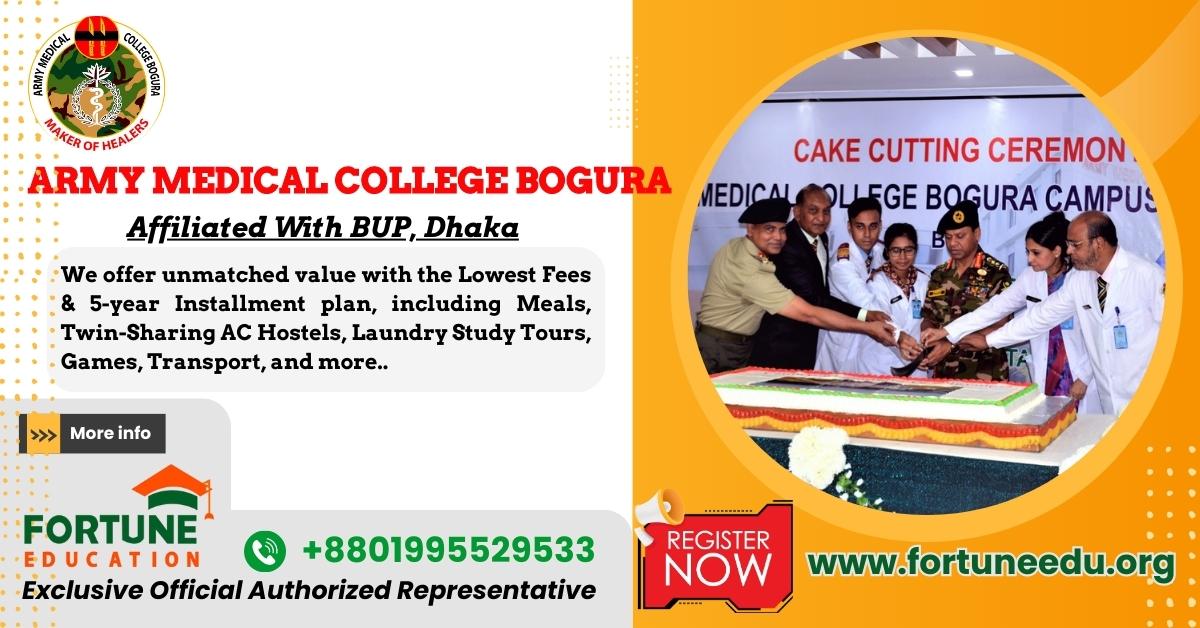In India, several medical colleges are known not just for their academic excellence but also for their outstanding campus facilities.
Medical Colleges in India with the Best Campus Facilities
These institutions provide an enriching environment conducive to learning and personal growth. Here are some of the top medical colleges in India with the best campus facilities:
1. All India Institute of Medical Sciences (AIIMS), New Delhi
AIIMS New Delhi is not only the premier medical college in India but also boasts some of the best campus facilities. It includes modern lecture halls, well-equipped laboratories, a vast library with a comprehensive collection of medical books and journals, and advanced research facilities. The campus also has a hostel, sports complex, and canteens catering to the needs of students and faculty.
2. Christian Medical College (CMC), Vellore
CMC Vellore offers a sprawling campus equipped with state-of-the-art infrastructure. The college has sophisticated laboratories, a central library with digital access to medical journals, and excellent research facilities. The campus includes a multi-specialty hospital that provides practical exposure to students. Additionally, there are hostels, a chapel, and various clubs and societies for extracurricular activities.
3. Armed Forces Medical College (AFMC), Pune
AFMC Pune provides an integrated campus with advanced educational facilities, including smart classrooms, digital libraries, and cutting-edge laboratories. The campus is also home to a well-equipped hospital for clinical training. Recreational facilities include a gym, swimming pool, and various sports courts. The green and well-maintained campus adds to the holistic development of students.
4. Kasturba Medical College (KMC), Manipal
KMC Manipal is known for its picturesque campus and state-of-the-art facilities. It features modern lecture halls, high-tech labs, and a library with an extensive collection of books and e-resources. The campus boasts a simulation lab for clinical skills training, a sports complex, and hostels with comfortable living conditions. The campus life at KMC is vibrant with various cultural and sports activities.
5. Jawaharlal Institute of Postgraduate Medical Education and Research (JIPMER), Puducherry
JIPMER’s campus is equipped with advanced educational and healthcare facilities. It has a central library, modern classrooms, and laboratories with the latest equipment. The institute provides a conducive environment for research and has a dedicated research block. Hostel facilities, a sports complex, and a cafeteria ensure a comfortable stay on campus.
6. Maulana Azad Medical College (MAMC), New Delhi
Located in the heart of the capital, MAMC has a campus that blends historical architecture with modern facilities. It includes well-equipped lecture halls, laboratories, a library with vast resources, and a teaching hospital. The campus also has hostels, sports facilities, and a cultural center for students’ all-round development.
7. Madras Medical College (MMC), Chennai
MMC boasts of a sprawling campus with excellent infrastructure, including advanced classrooms, laboratories, and a central library with digital resources. The attached hospitals provide practical exposure to students. The campus also features hostels, a sports complex, and spaces for cultural activities.
These medical colleges in India not only offer top-notch education but also ensure that students have access to the best campus facilities to support their academic and extracurricular pursuits.
8. Banaras Hindu University (BHU), Institute of Medical Sciences, Varanasi
The Institute of Medical Sciences at BHU offers a campus that is a blend of traditional heritage and modern medical facilities. It features advanced laboratories, a vast library stocked with medical texts and journals, and interactive classrooms. The sprawling green campus also includes a fully-equipped hospital, hostels, cultural centers, and sports facilities, providing a stimulating environment for medical students.
9. St. John’s Medical College, Bangalore
St. John’s Medical College in Bangalore is renowned for its comprehensive campus facilities, including a state-of-the-art library, modern laboratories, and spacious lecture halls. The campus hosts a multi-specialty hospital for clinical training. Additionally, students have access to hostels, a gymnasium, sports fields, and a chapel, fostering a balanced lifestyle.
10. King George’s Medical University (KGMU), Lucknow
KGMU in Lucknow is recognized for its expansive campus equipped with cutting-edge educational and healthcare facilities. It boasts of smart classrooms, digital libraries, advanced labs, and a significant hospital complex for practical learning. The campus also features hostels, a large auditorium for cultural events, and various sports facilities.
11. Sree Chitra Tirunal Institute for Medical Sciences and Technology (SCTIMST), Trivandrum
SCTIMST stands out for its focus on super-specialty training and research, complemented by excellent campus facilities. It has specialized laboratories, libraries with rare collections, and modern classrooms. The institute also provides comfortable hostels, cultural spaces, and recreational facilities, making it a conducive learning environment for medical students.
12. Government Medical College and Hospital (GMCH), Chandigarh
GMCH Chandigarh is known for its excellent academic and healthcare facilities on campus. It has well-equipped lecture halls, laboratories with the latest technology, and a comprehensive library. The attached hospital serves as a perfect platform for clinical exposure. Students also enjoy access to hostels, sports complexes, and green outdoor spaces.
13. Sri Ramachandra Institute of Higher Education and Research, Chennai
This institute offers a sprawling campus with world-class facilities, including modern classrooms, high-tech labs, and a vast digital library. Its hospital provides hands-on clinical experience to students. The campus also features luxury hostels, a fitness center, various courts and grounds for sports, and an auditorium for cultural events.
These medical colleges not only prepare students for a career in medicine and allied sciences through rigorous academic training but also ensure a well-rounded development by providing state-of-the-art campus facilities. These institutions aim to create an environment that is conducive to learning, research, and personal growth, making them sought-after by aspiring medical professionals from across the country and beyond.
Study MBBS in India
Studying MBBS (Bachelor of Medicine and Bachelor of Surgery) in India is a comprehensive and rigorous process, taking approximately 5.5 years to complete, which includes one year of mandatory internship. India offers a blend of traditional and modern medical practices, with medical institutions that are recognized globally for their quality of education and research facilities. Here’s a guide to studying MBBS in India, covering key aspects such as admission procedures, eligibility, and the structure of the MBBS course.
Admission Procedure
- National Eligibility cum Entrance Test (NEET): Admission to MBBS courses in India is based on the NEET score. It is the only entrance exam for aspiring medical students for admission to government and private medical colleges in India.
- Counseling: After qualifying NEET, students must participate in counseling sessions conducted at the national level by the Directorate General of Health Services (DGHS) for 15% All India Quota seats and the rest by respective state counseling authorities for 85% State Quota seats.
Eligibility Criteria
- Age Limit: The candidate must be at least 17 years old as of December 31 in the year of admission. The upper age limit, if applicable, should be verified based on the current NEET guidelines.
- Academic Qualifications: Candidates must have passed 10+2 or equivalent with Physics, Chemistry, Biology/Biotechnology, and English as core subjects from a recognized board.
- Minimum Marks Required: General category candidates must have scored at least 50% in the aggregate of PCB, whereas SC/ST/OBC candidates must have 40%. For PwD candidates, it is 45% in PCB subjects.
- NEET Qualification: Qualifying NEET is mandatory for all candidates.
MBBS Course Structure
The MBBS course in India is divided into three phases, spanning over 4.5 years, followed by a one-year compulsory rotatory internship.
- Pre-Clinical (1-2 Semesters): This phase covers basic sciences such as Anatomy, Physiology, and Biochemistry.
- Para-Clinical (3-5 Semesters): It includes Forensic Medicine, Pathology, Pharmacology, Microbiology, and also introduces clinical subjects.
- Clinical (6-9 Semesters): This final phase focuses extensively on clinical practices and involves learning in Medicine, Surgery, Obstetrics and Gynecology, Pediatrics, Orthopedics, Dermatology, Psychiatry, and more.
Internship
The one-year internship is an essential part of the MBBS program in India, where students rotate across various specialties in a hospital setting. This period is crucial for gaining hands-on experience and skills in patient care.
Career Opportunities and Higher Studies
After completing MBBS, graduates can either start practicing medicine or choose to specialize further by pursuing MD (Doctor of Medicine) or MS (Master of Surgery) through postgraduate entrance exams like NEET-PG. Specialized areas include Pediatrics, Gynecology, General Medicine, General Surgery, Dermatology, and many others. Additionally, MBBS graduates have the option to explore careers in research, teaching, and healthcare administration.
Conclusion
Pursuing MBBS in India is highly competitive, yet it can be rewarding for those who are dedicated and passionate about a career in medicine. The blend of comprehensive curriculum, practical exposure, and the opportunity to serve a diverse population makes MBBS in India an attractive option for aspiring medical professionals both from within the country and abroad.


